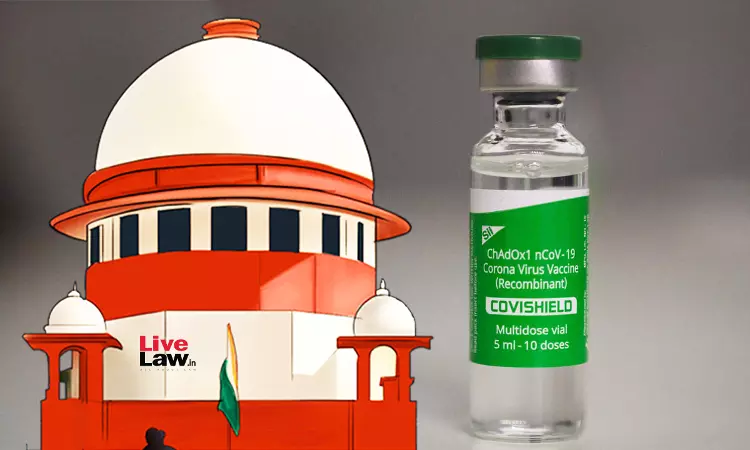A statement made by AstraZeneca that its vaccine against COVID-19 (which was made and sold in India as Covishield) can cause adverse effects related to blood clotting in rare cases has created a certain degree of panic among some people in India, particularly among those who received the Covishield vaccine. However, many in the medical field point out that the statement by AstraZeneca - which...

